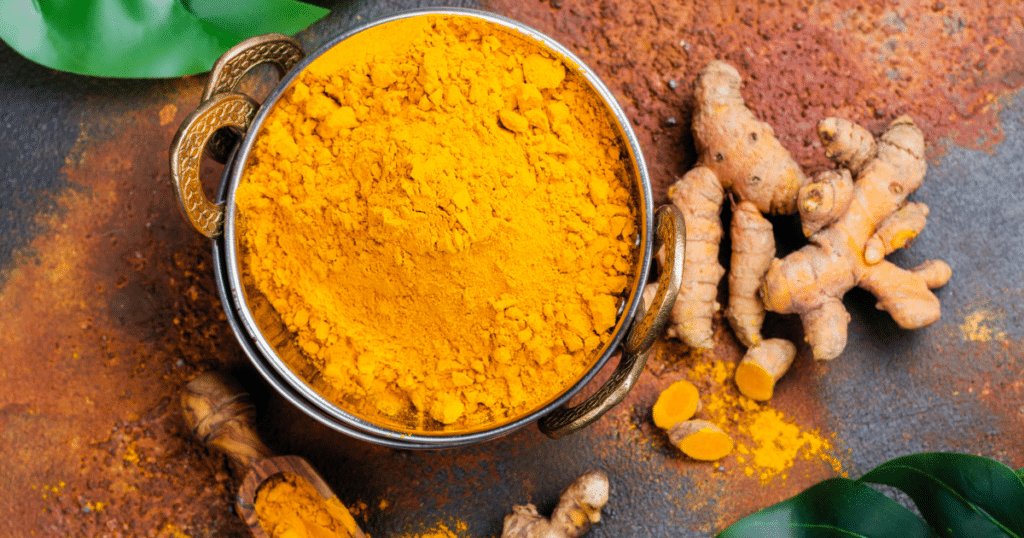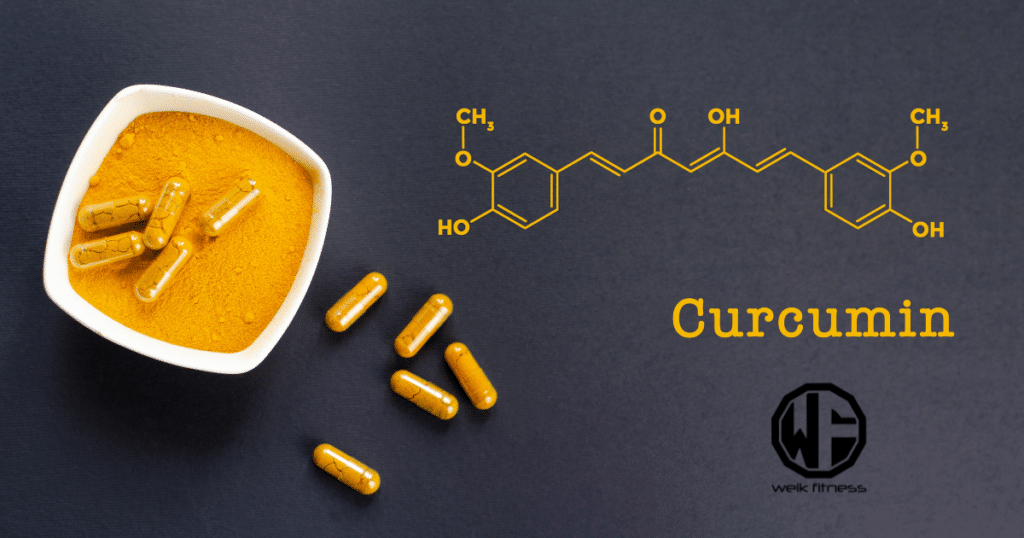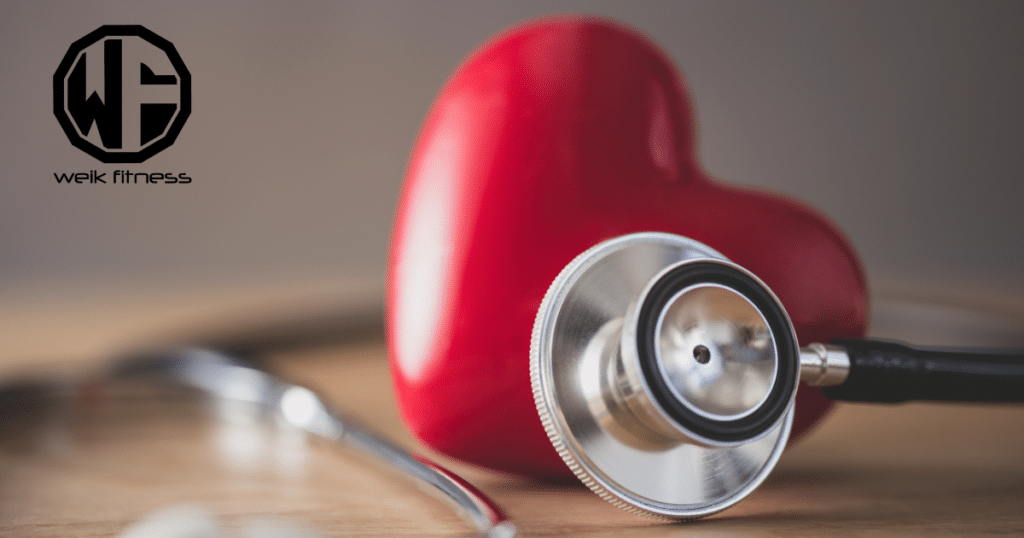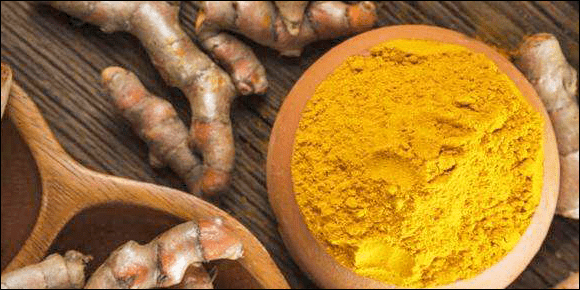Health Benefits of Adding Curcumin to Your Nutrition
You may have heard of turmeric, but do you know much about curcumin and the benefits it can provide to you?
If you love Indian food, you’re probably familiar with the deep yellow spice called turmeric. It gives many dishes an amazing flavor, but adding complexity to food isn’t its only job. For centuries, it has been used for medicinal purposes to improve health.
Turmeric contains powerful compounds called curcuminoids, with the most important one being curcumin. It’s the curcumin that gives turmeric its health-boosting power, which is why you often hear the two terms used interchangeably.
So, what makes this compound so great? In my years as a certified sports nutritionist, I’ve seen how the right supplements can make a real difference. This guide will break down the science-backed health benefits of curcumin and show you how to add it to your routine effectively.
Disclaimer: This article is for informational purposes only and is not meant to treat or diagnose any condition. It is recommended that you speak with your doctor before starting any exercise program, changing your daily nutrition, or adding any supplements to your regimen.
Table of contents
Key Takeaways
- Potent Anti-Inflammatory: Curcumin is a natural compound that helps fight chronic inflammation, which is linked to many serious health conditions.
- Powerful Antioxidant: It neutralizes harmful free radicals and boosts the body’s own antioxidant enzymes, protecting your cells from damage.
- Supports Heart Health: Curcumin improves the function of the endothelium, the lining of your blood vessels, which is vital for maintaining healthy blood pressure and circulation.
- Bioavailability is Crucial: Your body doesn’t absorb curcumin easily. It must be taken with an enhancer like black pepper extract (piperine) or formulated with fats to be effective.

What is Curcumin?
Curcumin is the main active natural compound found in turmeric. It’s responsible for the spice’s bright yellow color and, more importantly, nearly all of its impressive health benefits.
However, simply sprinkling turmeric on your food won’t give you a therapeutic dose. Standard turmeric powder contains only about 3% curcumin by weight. That’s why many people turn to supplements to get a concentrated amount.
The biggest challenge with curcumin is its poor bioavailability, meaning your body struggles to absorb it. To solve this, high-quality supplements use specific enhancers. The most common is piperine, an extract from black pepper, often sold under the brand name BioPerine, which can boost absorption by up to 2,000%. Other advanced formulas like Meriva and BCM-95 bind curcumin with fats to improve how much your body can use.
Can Anyone Take Curcumin?

While curcumin is generally safe for most health enthusiasts, it’s not for everyone. Before adding it to your supplement stack, you need to consider a few key factors. Doses up to 8,000 mg per day have been studied and are considered safe, though high doses can cause digestive issues like nausea or diarrhea in some people.
It’s most important to be aware of potential medication interactions. A tip I always give my clients is to talk to a doctor or pharmacist before starting any new supplement, especially with curcumin.
- Blood Thinners: Curcumin can amplify the effects of medications like warfarin (Coumadin) or clopidogrel (Plavix), which increases the risk of bleeding.
- Diabetes Medications: It may enhance the effects of drugs that lower blood sugar, such as metformin, potentially leading to hypoglycemia (low blood sugar).
- Gallbladder Issues: If you have gallstones or a bile duct obstruction, you should avoid curcumin because it stimulates bile production.
- Pregnancy and Breastfeeding: There isn’t enough research to confirm its safety, so it’s best to avoid supplements during this time.
- Upcoming Surgery: Because it can affect blood clotting, you should stop taking curcumin at least two weeks before a scheduled surgery.
Powerful Antioxidant Properties
Every day, our bodies are under attack from unstable molecules called free radicals. This process, known as oxidative stress, can damage cells and even DNA, contributing to aging and many diseases. It’s the job of antioxidants to neutralize these harmful molecules.

Curcumin is a particularly potent antioxidant for two reasons.
First, its chemical structure allows it to directly neutralize free radicals. Second, and perhaps more importantly, curcumin also boosts the activity of your body’s own antioxidant enzymes. One of the most critical of these is glutathione, often called the body’s “master antioxidant.” By enhancing your internal defense systems, curcumin provides a double layer of protection.
Even healthy activities like exercise create free radicals. While the benefits of working out are immense, supporting your body with powerful antioxidants helps manage this internal battle, protecting your cells and long-term health.
Anti-Inflammatory Properties of Curcumin
Inflammation is your body’s natural response to injury or infection. But when it becomes chronic, it can contribute to major health problems like heart disease, metabolic syndrome, and arthritis. Many people find that a quality curcumin supplement can help manage this.
Related Article: Bioperine Supplement — A Black Pepper Bioavailability Enhancer
Curcumin works at a molecular level to fight inflammation. It has been shown to block NF-κB (nuclear factor kappa B), a molecule that activates genes related to inflammation. Its effectiveness is so well-regarded that some studies have found it comparable to anti-inflammatory drugs like ibuprofen and diclofenac, but without the long-term side effects.
A 2019 meta-analysis published in the journal Phytotherapy Research reviewed multiple studies and concluded that curcumin supplementation provided significant pain relief for patients with arthritis.
By lowering inflammation, you can find relief from joint pain and better protect your overall health from chronic diseases.
Heart Health Benefits

Many of us focus on our outward appearance, but internal health, especially cardiac health, is critical. While cardio exercise is a cornerstone of a healthy heart, supplements can offer additional support.
Curcumin’s main benefit for heart health is its ability to improve the function of the endothelium, which is the thin lining of your blood vessels. A healthy endothelium is crucial for regulating blood pressure and preventing clotting.
One landmark 2012 study published in *Nutrition Research* found that for postmenopausal women, taking a curcumin supplement was as effective as aerobic exercise for improving endothelial function. When your endothelium works properly, your arteries can relax, which keeps blood pressure normal and allows your heart to work more efficiently. This also ensures nutrients are transported effectively throughout your body.
Why Do You Sometimes See Ginger Added to a Curcumin Supplement?
You’ll often find curcumin and ginger combined in a single supplement, and for good reason. They work together synergistically.
The benefits of ginger are very similar to those of curcumin. Its main active compound, gingerol, is also a powerful anti-inflammatory and antioxidant. Combining them creates a broader effect, as they target slightly different inflammatory pathways in the body.
Think of it as a one-two punch against inflammation and oxidative stress. This combination makes perfect sense for anyone looking to strengthen their body’s defenses and improve their overall health.
FAQs About Curcumin
What’s the difference between turmeric and curcumin?
Turmeric is the spice plant, while curcumin is the main active compound within turmeric that provides the health benefits. Turmeric powder only contains about 3% curcumin, so supplements are needed for a therapeutic effect.
How much curcumin should I take per day?
Effective doses typically range from 500 to 2,000 mg of curcuminoids per day. Always start with a lower dose to assess your tolerance and choose a supplement with an absorption enhancer like piperine.
How long does it take for curcumin to work?
It depends on why you’re taking it. For acute inflammation or pain, some people notice benefits within a few days. For chronic conditions and long-term heart health benefits, it may take 4-8 weeks of consistent daily use to see significant results.
What is the best time of day to take curcumin?
Since curcumin is fat-soluble, it’s best to take it with a meal that contains fat to maximize absorption. You can split your dose, taking half with breakfast and half with dinner, to maintain stable levels in your body.


*Disclosure: This article may contain affiliate links or ads, which means we earn a small commission at no extra cost to you if you make a purchase through these links. These commissions help support the operation and maintenance of our website, allowing us to continue producing free valuable content. Your support is genuinely appreciated, whether you choose to use our links or not. Thank you for being a part of our community and enjoying our content.
PLEASE CONSIDER SHARING THIS ON YOUR SOCIAL MEDIA TO HELP OTHERS LEARN MORE ABOUT THIS TOPIC.





